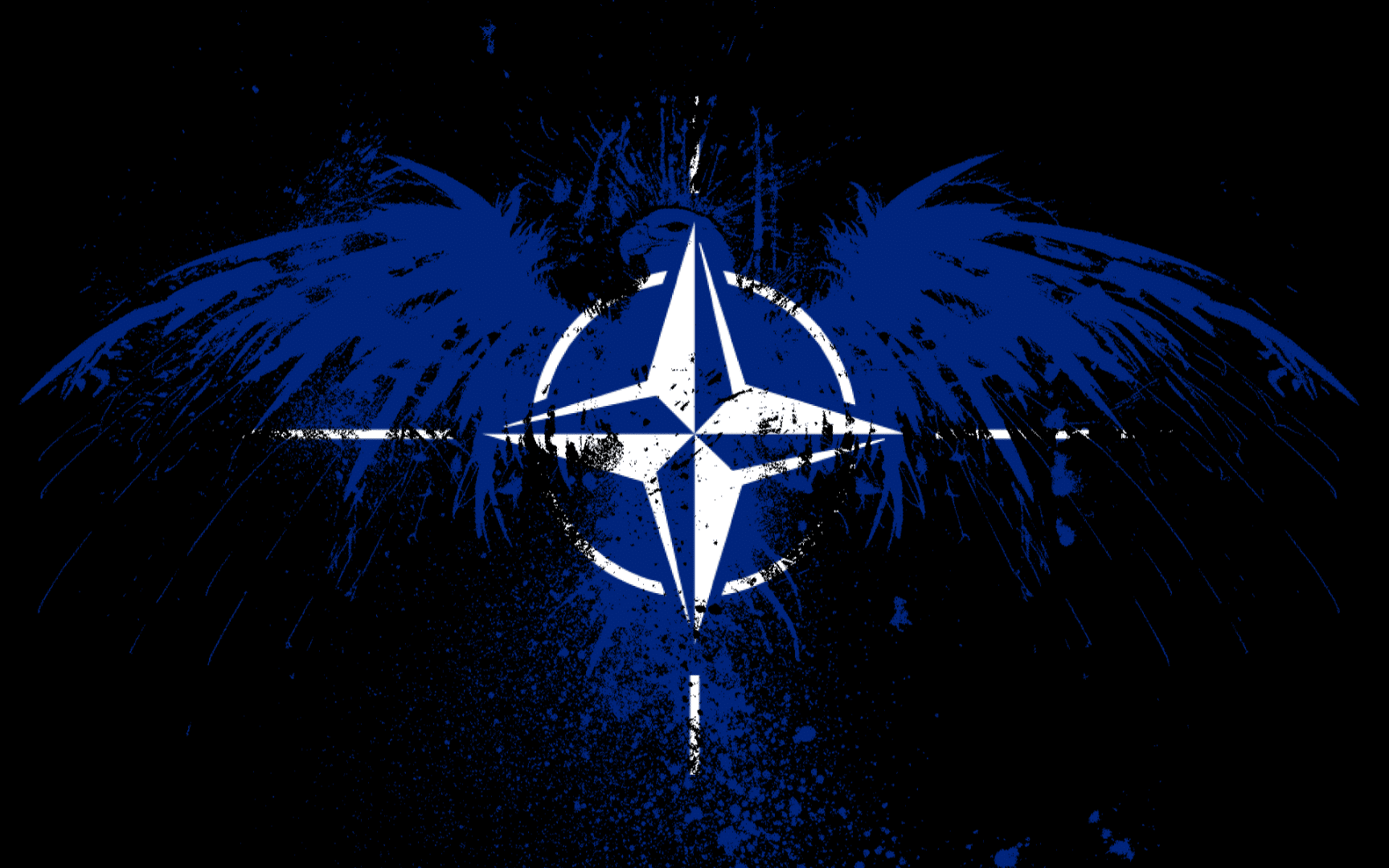After more than a decade, the North Atlantic Treaty Organization (NATO) updated its Strategic Concept to name China as a chief global security threat to our “values.” In response, Chinese Foreign Ministry spokesman Zhao Lijian accused the alliance of promoting “conflict and confrontation.”
“It is filled with the Cold War mentality and ideological prejudices,” Lijian said. He’s right, and NATO’s prejudices extend to the very people who NATO claims to represent: China is a threat to the US-led alliance—but so is everyone, everywhere, who does not share its ideology. And contrary to what NATO claims, its ideology is little more than a universalist commitment to subordinating nations to international bodies and reducing people to mere populations to be managed and controlled.
The US originally spearheaded NATO against the global hegemony sought by the Soviet Union, which, much like NATO, promoted “conflict and confrontation” with every government that did not share its ideology. The historical irony is that the US emerged from the ashes of the Cold War as an ideological nation itself with the same zeal to remake the world.
Indeed, reckless NATO expansionism led by Washington contributed to the ongoing Russo-Ukrainian War—which then provided NATO expanders an excuse to invite Finland and Sweden into its ranks. Though the alliance’s advocates say these countries are joining of their own volition to seek security from Russia, this war was in no small part provoked by NATO becoming a tool of ideological imperialism, which in turn required creating “monsters abroad” to destroy.
In reality what this means is that everyday Americans are subsidizing the empire’s enlargement while European members continue their dependency on the US for their security like satrapies.
This is not to say Russia or China are blameless, but rather to highlight a hitherto overlooked paradox: Even as NATO condemns Chinese communism and Russian authoritarianism, under US leadership, NATO has become exactly what it was established to fight: an apparatus stewarded by elites as fervently committed to forced global homogeneity as the most devoted Leninist—or Jacobin, for that matter.
Not unlike our ideologues, the Jacobins sought to forge an international order around a new “polarity between the free and the ‘enslaved’ nations.” To the Jacobins, every nation that had not experienced a Rousseauan revolution around the “the Declaration of the Rights of Man and Citizen,” as historian Simon Schama put it, was enslaved by tyranny and despotism.
In practice, that meant military crusades no less imbued with religious fervor than those launched by the Latin Church. It also gave rise to the infamous Reign of Terror; French elites decided that treasonous domestic conspiracies were to blame for battlefield defeats, and within a month of the establishment of a special Revolutionary Tribunal to try and execute suspected counter-revolutionaries, the Committee of Public Safety was created and endowed with broad wartime powers. It became the engine of the murderous Terror that oversaw a series of massacres and public executions, killing tens of thousands.
Our politics, too, echo with Jacobin accusations lobbed against the critics of US foreign policy and its vehicle, NATO. To critique these policies is to conspire against “democracy” and commit treason, as Mitt Romney, the Republican Senator from Utah, has suggested.
Even more absurd is the adoption of social justice rhetoric to justify interventionism. “What does a Pride parade have to do with NATO?” asked the Brookings Institution. “More than you might think.”
A new paper published by the Institute for Peace & Diplomacy notes that the injection of “woke” activism into foreign policy “legitimizes any form of military and diplomatic action that is nominally undertaken in its service while delegitimizing criticism of such policies.” It leads to “not merely political restructuring in targeted countries but total cultural submission.” The result, in other words, is a less safe and stable world. The effects are already being felt at home in America.
Read the whole article here.


